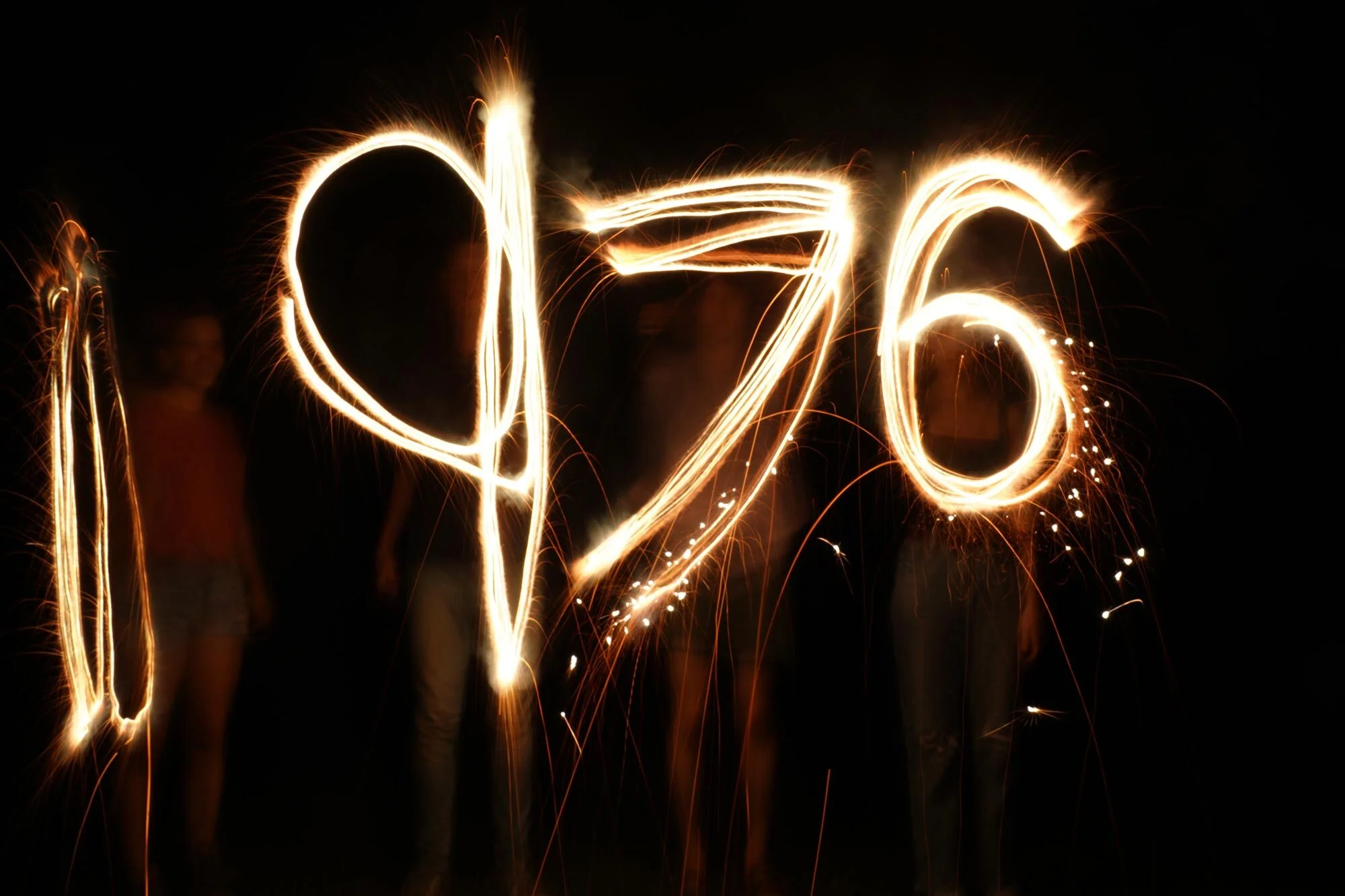Watch: “Bicentennial City,” Now Streaming For A Limited Time
Watched in the immediate aftermath of the past few summers in Philly, many things about “Bicentennial City” are going to feel sadly familiar. There’s shrugging leadership, racist cops, and an overwhelming misguidedness about who Philadelphia is for that has been echoing so long that it feels like the din of it all may only be peaking now, in the present day. The 40-minute film, created at Haverford College’s Doculab for their exhibition of the same name last year, is billed as an “essay film,” but what might be more to the point is calling it an emotional documentary.
Directed by Thomas Devaney, Matthew Suib, and Aaron Igler, and featuring interviews with those who were there — like Philadelphia City Councilwoman Jannie Blackwell, Pennsylvania Folk Life Festival Coordinator (1976) Ann Mintz, Artist and Educator Leroy Johnson, Jeweler and Impresario Henri David — “Bicentennial City” squarely lands you in the place where the Philly shrug was in its prime. Rizzo was mayor, bringing the city to its knees financially while also fully terrorizing (and worse) anyone who wasn’t from his own race, gender, or social class. In this climate, we also learn, unsurprisingly, that like many a World’s Fair or other get-rich-quick scheme before it, that the city at the governmental level was wholly unprepared for what it was saying the Bicentennial would do for us.
But amidst the muck of all this, we also get to see the life of the city’s people, bubbling under and in hidden corners. Activists marched through Fairmount Park and North Philly to protest everything Rizzo was about. A massive (non-city-organized) craft fair on the Parkway drew direct lines to Philly’s Centennial celebrations 100 years previous. Neighborhoods perfected the block party formula that is now something of a Philly birthright. In organizing its fetes, the mainstream culture of the city finally had to acknowledge, for the first time, what Philly’s gay life brought to the city. That’s the part that feels familiar, not in a sad way. It’s the part that now feels eternal.






